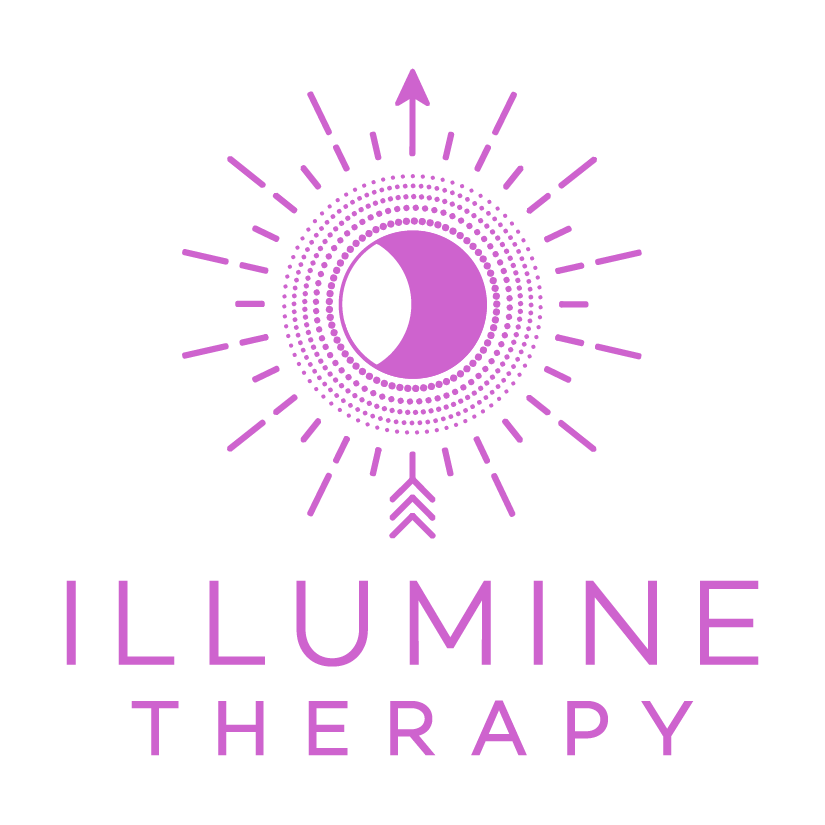Weekly Therapy for Trauma Work - Why It’s Successful
Trauma’s effects may seem hidden to you at first. They are so much a part of your life that their impact seems familiar. Or trauma’s role in your life experience may be apparent to you. You’re tired of the anxiety, self-doubt, feeling not good enough and everything else that comes with trauma.
If you've experienced trauma, it may feel all-consuming or so regular you are not even sure how it does. Its effects can impact every single aspect of your life. The aftermath includes your physiological reactions, emotional health, and interpersonal relationships.
Fortunately, there are successful ways to treat trauma and help you heal.
The Healing Process
In my practice, I have found that weekly therapy for trauma creates the best results. I am also not the kind of therapist that believes you need to be in therapy forever to help you cope. It is my intention to dial down your anxiety, process past events that have contributed to your current state, and get you back out in the world again, living your best life. Now doesn't that sound great!
Weekly therapy sessions are more impactful, yield greater therapeutic gains, and are more cost-effective for you over time.
Trauma’s multilayered impact requires more frequent, ongoing therapy. This approach is necessary to create the space and time needed for healing.
Why Weekly?
Although trauma treatment might seem more convenient every month or even merely now and then, a weekly approach is the most productive, and the research tends to agree. In this 17-year study at a university counseling center, reported that clients who attended weekly sessions had a “steeper recovery curve,” meaning clients that participated in weekly therapy got better sooner.
Here's why.
Therapist-Client Relationship
You’ve probably experienced firsthand how trauma has impacted your relationships. You may have difficulty trusting others. Being emotionally vulnerable and open can feel impossible when you’re used to shutting down and hiding to protect yourself. This tendency may well be so natural to you that you can’t even imagine anything different. A very normal trauma response is to fight, flee, or freeze, and many of my trauma clients will remark on how fleeing feels easier. When we meet weekly, we can identify this and help you move through it. And yes things can be different!
Therapy offers you a safe place to learn how to build an open relationship. To do so takes time. For example, I want you to develop a sense of rapport and attachment with me to facilitate your healing.
As you learn how to be comfortable with and trust me, you will experience healing to carry over into your other relationships.
Learning New Skills
Research shows us that many types of trauma create physiological changes in the brain or even hamper normal neuro-emotional development. Again, as with re-learning relationship skills, helping your mind re-wire these cognitive patterns takes time. It is possible, but it won’t happen overnight.
Recovering from trauma also entails learning to listen to your body. Because trauma often cuts us off from being attuned to our bodies' messages, this also takes practice.
In therapy, you will learn to listen to your body and regulate your emotions and reactions. You’ll build helpful skills to use when you start to feel anxious or out of control.
Psychoeducation is also part of my therapy sessions. This approach means that I have a lot of useful, transformative information to teach you how trauma has affected you and how we will overcome its effects. I love to geek out on neurobiology but I promise to keep it simple.
These aspects of therapy are most effective when they occur in an atmosphere where you feel emotionally safe. Again, weekly sessions create the space and opportunity to make this possible.
Big Benefits
I know that committing to a weekly therapy session can be challenging. There are schedules to juggle, financial balancing, and driving to and from the office if we’re meeting in person. But from a big picture perspective, this commitment will reap great benefits. These benefits will create new opportunities for you.
As you start to heal from your trauma, you’ll be better able to form healthy relationships. You will have a more rewarding relationship with yourself. Physically, you’ll have more energy and deeper joy. The long-term dividends of weekly therapy will more than pay for themselves in the years ahead!
--
If you’d like to learn more, please reach out to my office or visit my Trauma and PTSD page.

